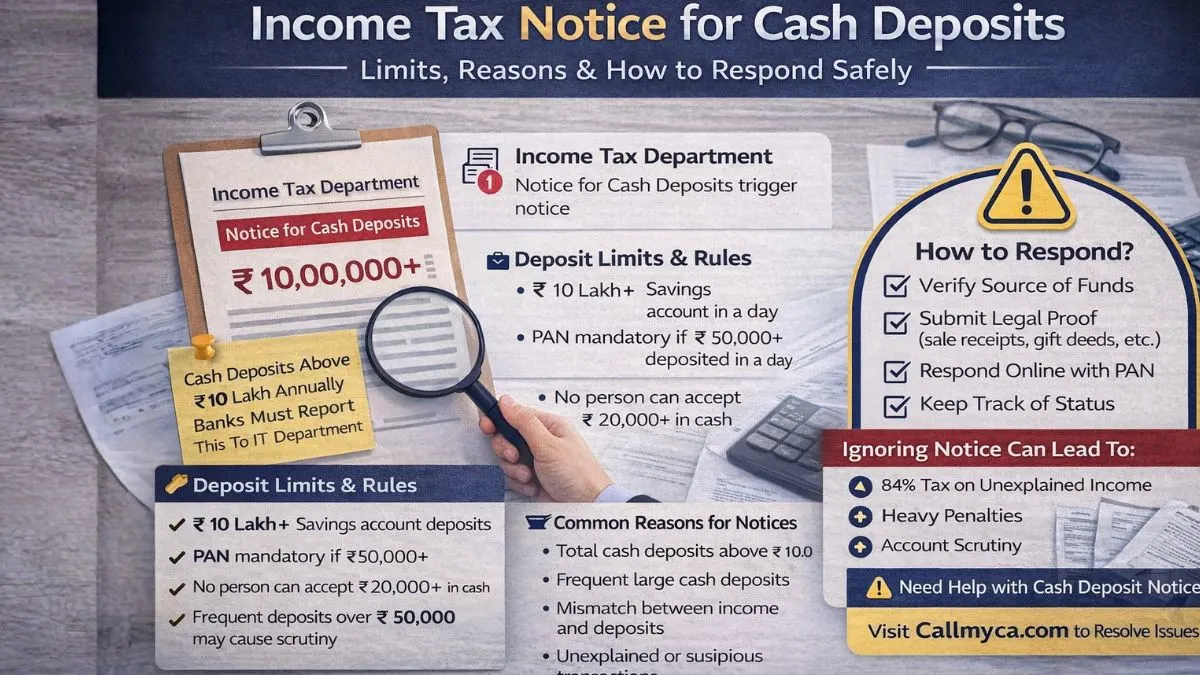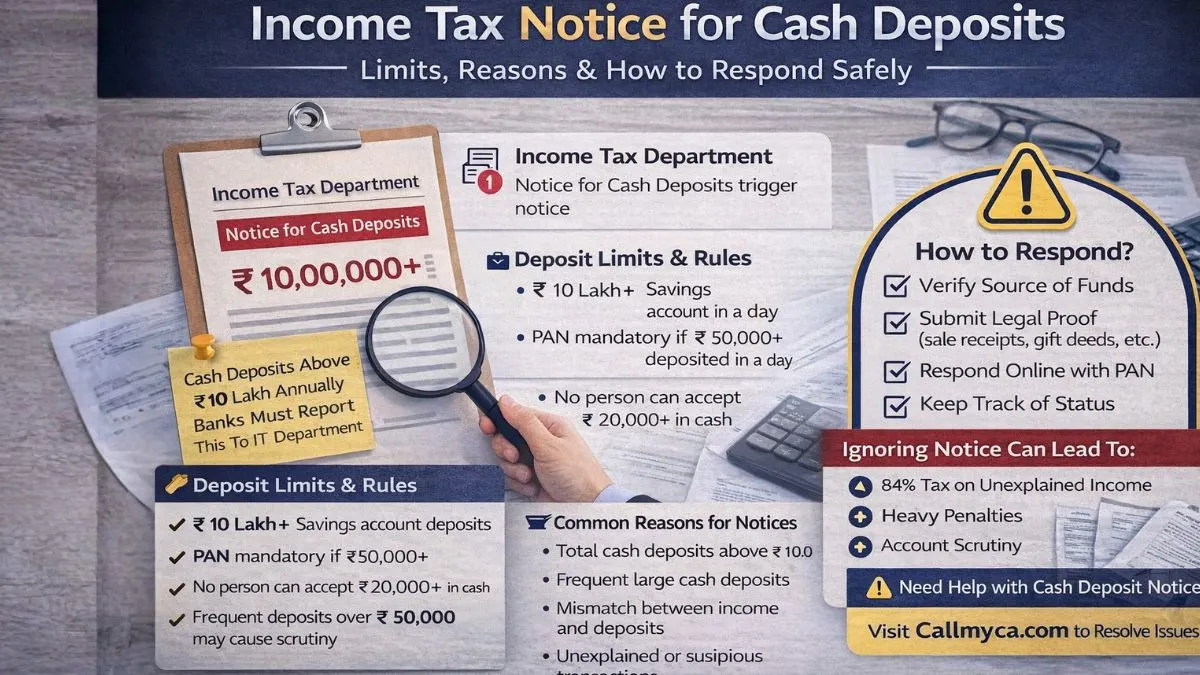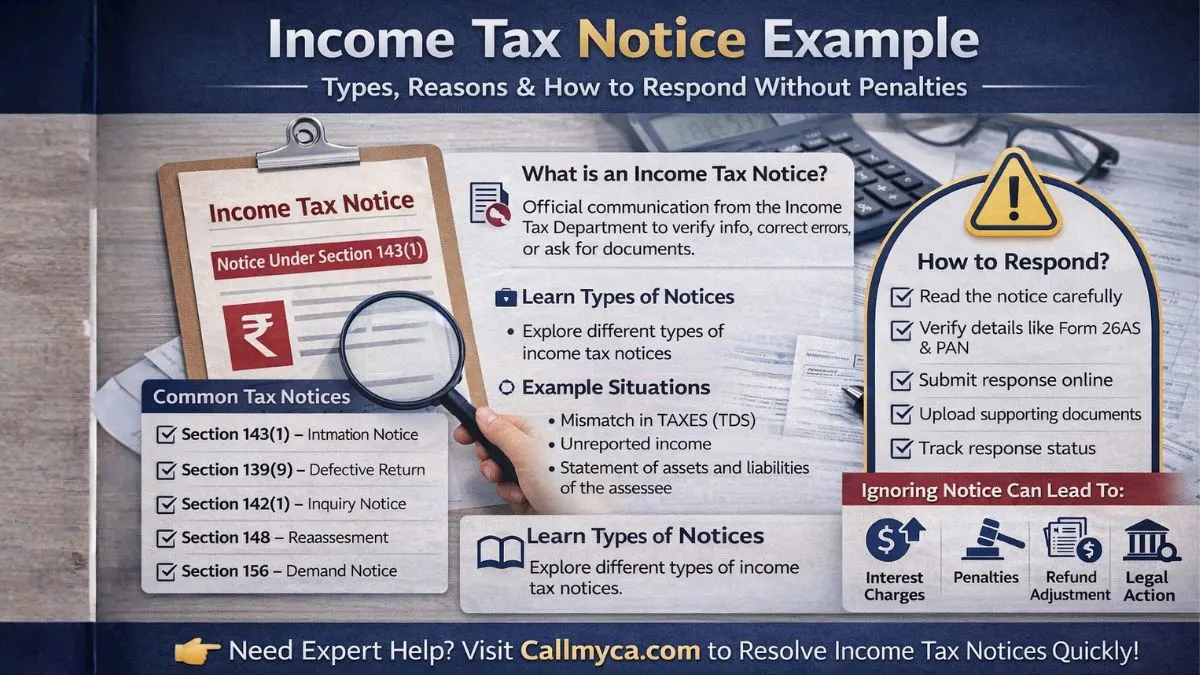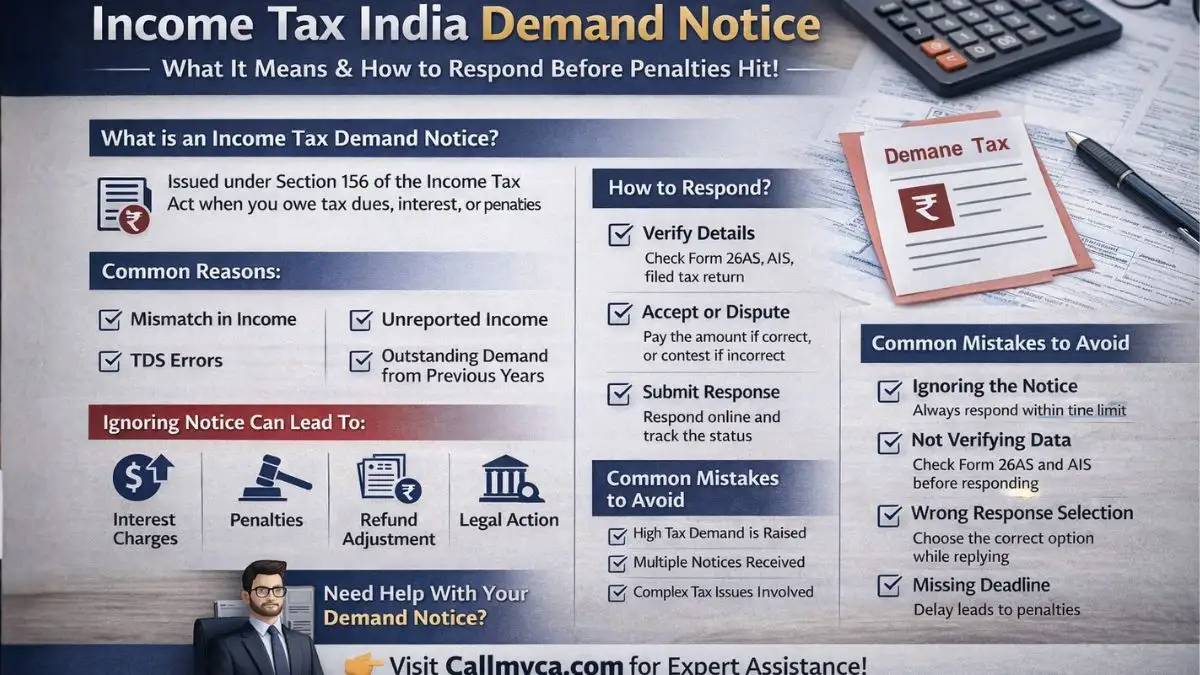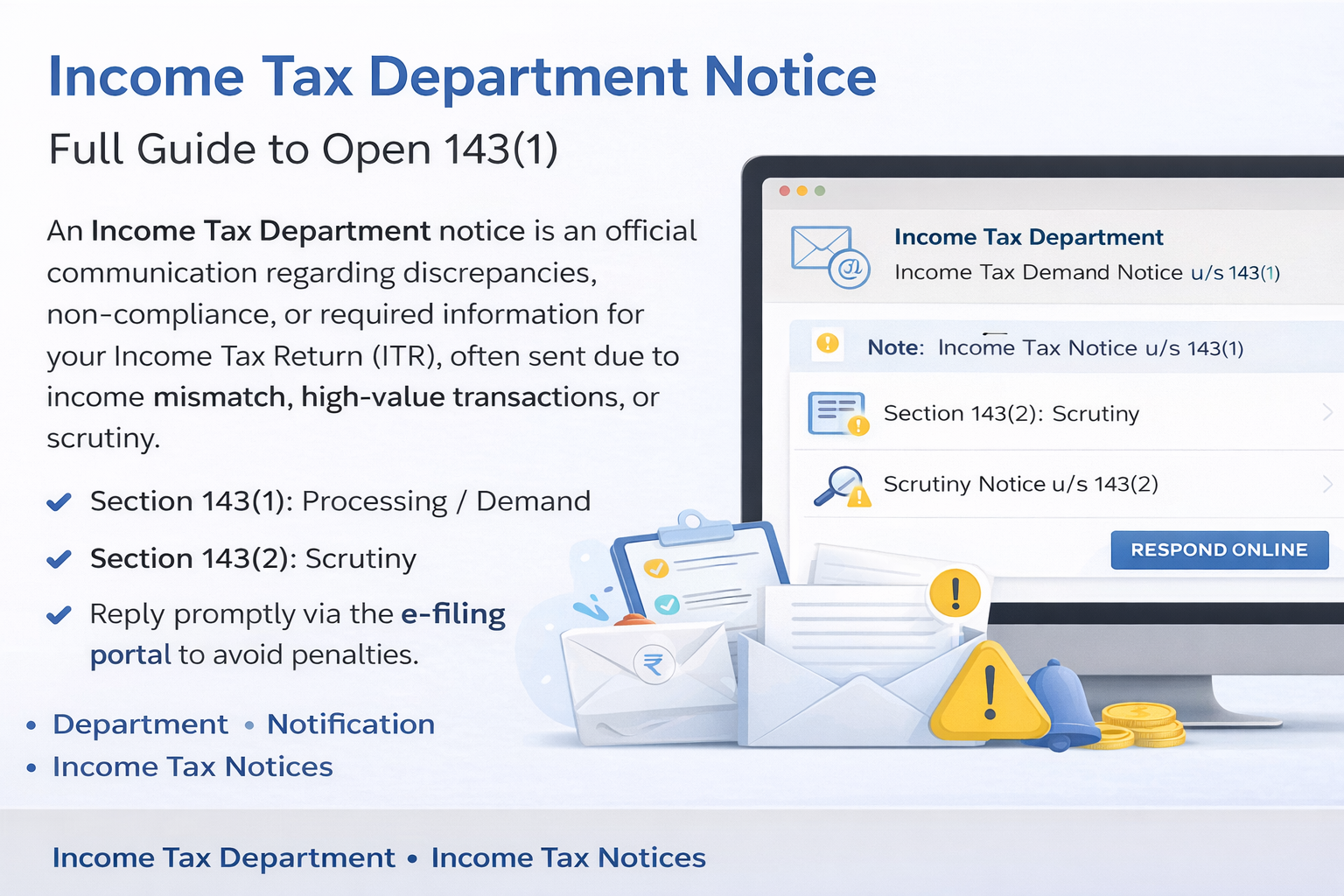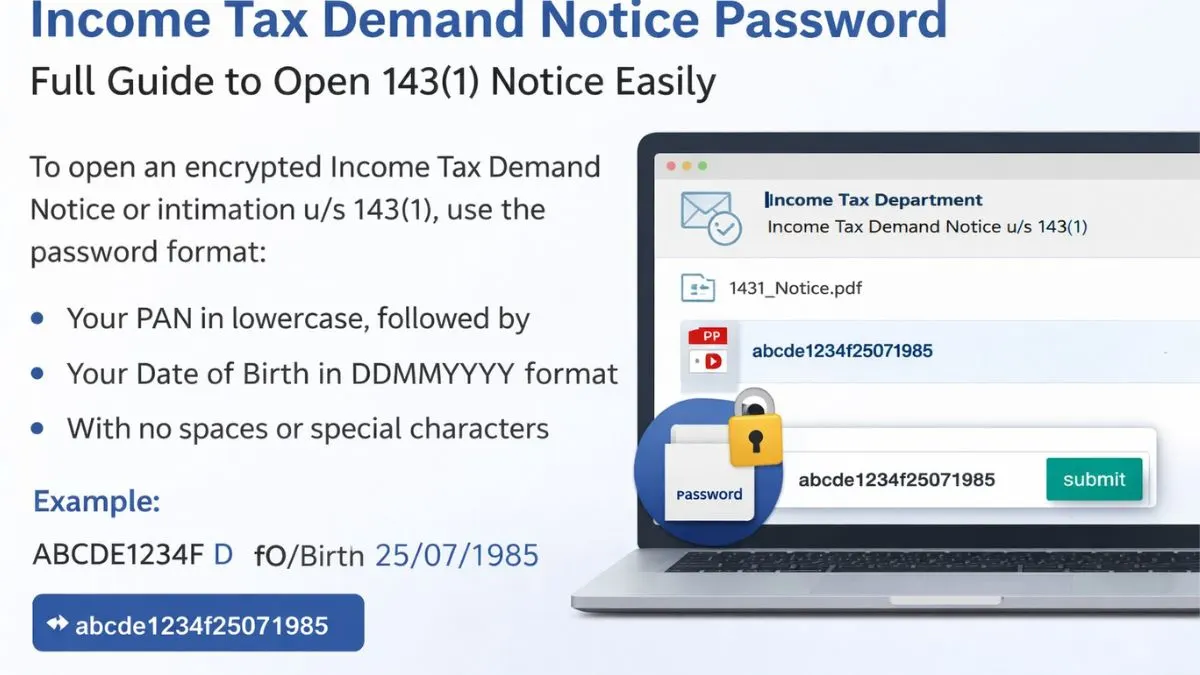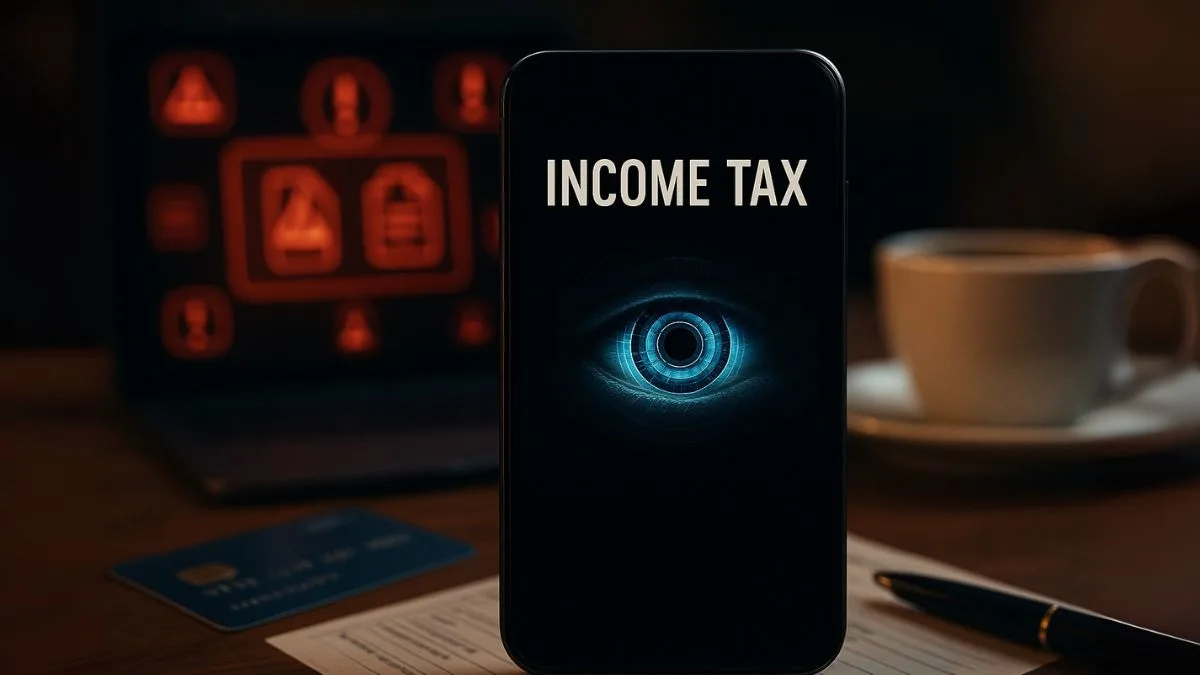
Gone are the days when filing Income Tax Returns (ITRs) was only for the rich. In the digital age, every cash deposit, bank transfer, and UPI transaction is silently being tracked by the Income Tax Department — thanks to AI, Big Data, and real-time analytics.
In this blog, we’ll uncover the digital surveillance network behind your everyday banking, how it can lead to tax notices, and what rules you must follow in FY 2024–25 (AY 2025–26) to stay safe.
The Digital Eye Is Always Watching
Whether you withdraw ₹1,000 from the ATM or make a ₹20,000 deposit at the bank, your PAN-linked accounts & Aadhaar-linked transactions are constantly feeding data to the Income Tax database.
Today, almost every financial activity is under the radar. So, if you’re thinking of depositing large amounts in multiple savings accounts or using your friend’s account to route money — you're actually increasing your chances of receiving a Section 133(6) or 142(1) notice.
Who Reports You to the Income Tax Department?
Here’s the list of “silent informants”:
- Banks & Payment Wallets
- Registrar offices (for property transactions)
- Credit Card companies
- Stockbrokers & Mutual Fund houses
- Gold merchants
- Post Offices
- Even your WhatsApp chats!
Yes, as shocking as it sounds, the IT department can now legally use WhatsApp conversations as evidence under certain investigations. In recent cases, crypto assets worth ₹90 crores have been tracked from deleted WhatsApp data."
How Many Bank Accounts Are Safe to Hold?
Technically, there’s no limit on the number of bank accounts an individual can maintain. But just because it's legal doesn’t mean it's wise.
Why?
Every account comes with:
- Minimum balance requirement
- Cheque book/ATM charges
- SMS & transaction fees
- More points of surveillance
👉 Recommended setup:
- 1 Savings Account with a Government Bank (like SBI, PNB)
- 1 Savings Account with a Private Bank (like HDFC, ICICI)
- 1 Current Account for business (mandatory if you have business income)
This minimal setup keeps you clean, cost-efficient, and compliant.
Also Read: Section 133(6) of Income Tax Act: Power to Call for Information Explained
Cash Deposit Rules for FY 2025–26
Let’s clear the confusion on cash deposits — the most common trigger for tax scrutiny.
For Savings Accounts:
- Cash deposit/withdrawal above ₹1 lakh per year triggers red flag
- Single cash deposit above ₹2 lakh at once may be reported
- Depositing ₹10 lakh or more in one FY = Mandatory reporting by banks (SFT)
📌 Pro Tip: Instead of depositing ₹18 lakh into one savings account, split it into ₹9 lakh in two different banks. Not two branches of the same bank — they are still monitored under the same reporting system.
For Current Accounts:
- You can deposit or withdraw up to ₹50 lakh per FY without triggering alerts
- Above that, banks deduct TCS @ 0.1%, and transactions get reported to AIS/TIS
- Keep business income separate from personal savings
If you handle cash frequently, always use a current account, & file ITR based on a professionally prepared P&L.
Are UPI Transactions Monitored Too?
Yes. If you think UPI is too small to be tracked, you’re mistaken. While UPI transactions alone won’t trigger a notice, consistent high-value transfers or suspicious routing of funds may get flagged.
Moreover, frequent peer-to-peer transfers, especially linked with cash withdrawals, could signal "hawala-like" behavior & raise red flags."
Does a High Bank Balance Trigger Notices?
Surprisingly, no.
The Income Tax Department doesn’t care about your balance — it cares about how the money got there.
Whether it’s ₹1 crore sitting idle or ₹10 lakh deposited in cash — the latter is more likely to invite a notice unless you explain the source.
Do I Need to File ITR Even with No Income?
Yes. Even if your income is below taxable limits, filing your ITR voluntarily improves your financial record. It helps in:
- Preventing 80% of potential notices
- Getting home/vehicle loans approved
- Creating proof for source of income/assets
- Building clean audit trail for future scrutiny
Also, ITR filing is mandatory if:
- Your total income exceeds the exemption limit
- You have deposited more than ₹1 crore cash in banks
- Spent over ₹2 lakh on foreign travel
- Paid electricity bills over ₹1 lakh in a year
Also Read: The Rule That Taxes Your Cash Withdrawals
Five Golden Rules to Avoid Income Tax Notices
- Always file ITR — even if income is nil
- Use the correct ITR form (e.g., ITR-1 is not applicable for HUF, and ITR-4 can be filed by a Resident individuals /HUF/Partnership)
- Maintain source proofs for every deposit, especially cash
- Don’t use your bank account for third-party transactions
- Keep a register of all major financial transactions (Income / Expense / Gift / Loan)
Bonus Tip: Monitor Your AIS, TIS & Form 26AS
Download and check your:
- Annual Information Statement (AIS)
- Taxpayer Information Summary (TIS)
- Form 26AS
Every 3-4 months. If you find any mismatch or unauthorized transaction, raise a correction request immediately.
📌 Why? Because these statements are the first documents the Income Tax Department checks before issuing notices.
Final Thoughts
The Income Tax Department is no longer dependent on paper trails. With full-scale digitization, your banking activity, WhatsApp chats, credit card bills, & even mutual fund SIPs are under constant watch.
Don’t wait for a notice to clean up your finances. Instead, take a proactive approach and manage your taxes with transparency and compliance.
Need help with filing ITR, responding to notices, or reviewing your AIS & TIS?
👉 CallMyCA.com has your back — Book your consultation today and file smart, stay safe.




